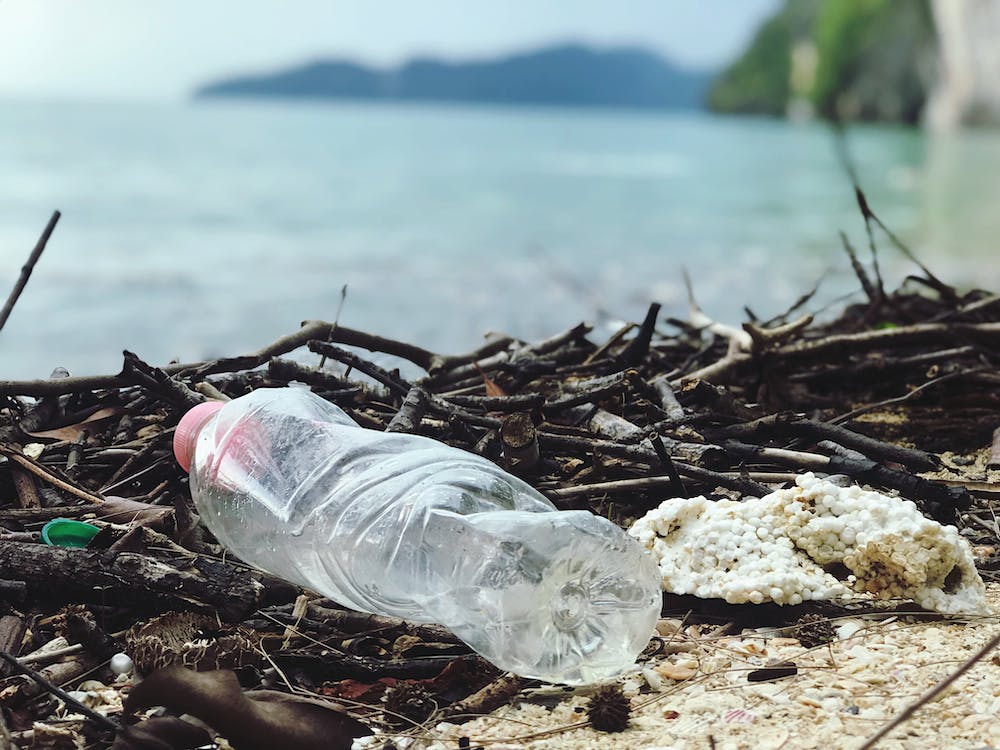Plastics: A Hero turned Villain

Plastic, once hailed as a revolutionary material, has now become an environmental nightmare. It’s everywhere – in our oceans, our landfills, and even in the air we breathe. The detrimental impact of our plastic habit on our planet cannot be overstated. However, amidst this crisis, there’s a glimmer of hope in the form of sharing. We’ll explore the harmful effects of plastics on the environment and how sharing can offer a sustainable solution to this pressing problem.
Plastic: The Bad Guy
Plastic Pollution in Our Oceans:
The world’s oceans are drowning in plastic. According to estimates, more than 8 million tons of plastic enter the oceans each year. This pollution poses a grave threat to marine life, as animals often ingest or become entangled in plastic debris. Plastic pollution not only disrupts ecosystems but also affects human health as toxins from plastics enter the food chain.
Landfill Overload:
Plastic waste is a major contributor to our overflowing landfills. Plastics can take hundreds of years to decompose, and their persistence in the environment is a significant concern. Landfills release harmful greenhouse gases, contributing to climate change and environmental degradation.
Microplastics and Air Pollution:
As plastic degrades, it breaks down into tiny particles known as microplastics. These microplastics can be found in the air we breathe, exacerbating health concerns and further contaminating the environment.
Sharing: Earth’s New Hero
The Sharing Economy:
Sharing has gained prominence as a sustainable alternative to the traditional “buy and own” consumer culture. The sharing economy encompasses various models, such as carpooling, ride-sharing, and tool libraries, all of which encourage people to use and reuse items instead of buying new ones.
Reduce, Reuse, Recycle:
Sharing aligns with the principles of reducing, reusing, and recycling – the three R’s of sustainable living. By sharing items like tools, cars, and household goods, we can significantly reduce the demand for new products and, consequently, the production of plastic.
Sharing Reduces Consumption:
The sharing economy promotes a shift from ownership to access, which leads to decreased production and consumption of plastic-intensive products. For instance, car-sharing reduces the need for individual car ownership, resulting in fewer car parts made from plastic.
Community and Environmental Benefits:
Sharing fosters a sense of community and social cohesion. When people come together to share resources, they often make eco-conscious choices, leading to reduced waste and a smaller carbon footprint.
Collaborative Consumption:
Collaborative consumption platforms and initiatives have emerged in various sectors, including fashion, electronics, and food. These services allow people to borrow, rent, or share items they need temporarily, reducing the need for single-use plastics and excessive packaging.
Conclusion
The plastic crisis demands immediate action. While reducing our reliance on plastic is crucial, we must also explore innovative solutions like sharing. The sharing economy not only helps combat plastic pollution by reducing consumption but also promotes a sense of community and environmental responsibility.
As individuals, we can start by supporting sharing initiatives in our communities, whether it’s participating in carpooling, joining a tool library, or swapping clothes with friends. As businesses and governments, we should incentivize and invest in sharing platforms and initiatives to accelerate the transition towards a more sustainable and plastic-free future. By embracing sharing, we can collectively tackle the plastic predicament and safeguard our planet for future generations.
At Anyshare, we provide a platform for people to share their unused resources with others in need. Whether it’s a car, a lawnmower, unused space, you can share it on Anyshare. It’s a win-win for everyone involved. Sign up today to join our sharing community!